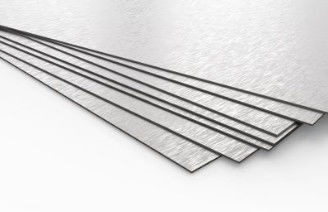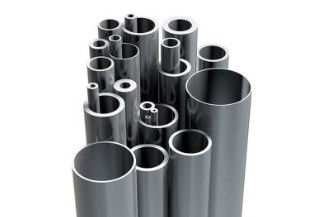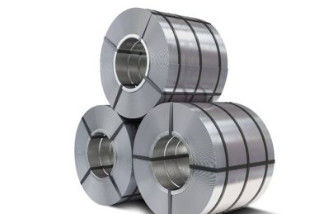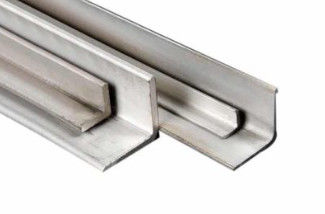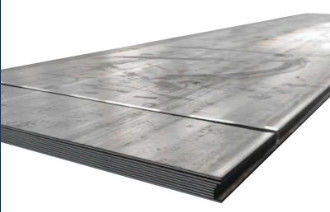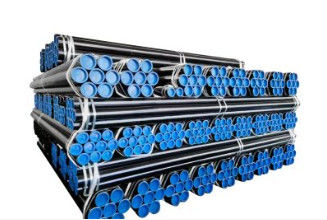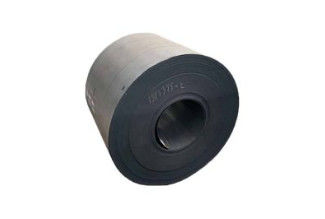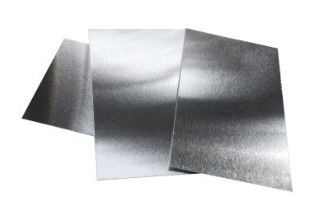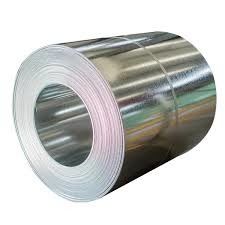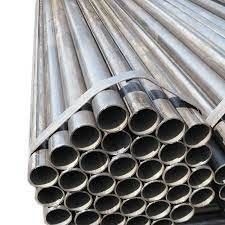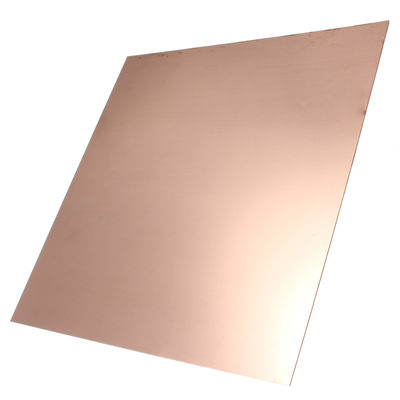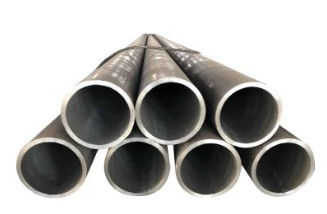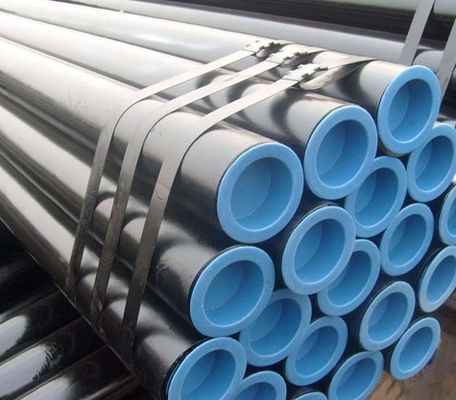JIS G3452 SGP Welded Carbon Steel Tube Pipes For Ordinary Piping
JIS G3452 SGP refers to the Japanese Industrial Standard (JIS) specification for welded carbon steel tubes used for ordinary piping. Here's a description of JIS G3452 SGP welded carbon steel tubes:
-
Material: Carbon Steel
- JIS G3452 SGP welded carbon steel tubes are made from carbon steel, which is an alloy primarily composed of iron and carbon. Carbon steel offers excellent strength, durability, and thermal conductivity, making it suitable for various piping applications.
-
Welded Construction
- The tubes are manufactured using a welded construction method. Welded tubes are produced by joining or welding two or more steel plates or coils together along their edges to form a tube. This welding process provides the tube with structural integrity and allows for a wide range of sizes and shapes to be produced.
-
Standard Grade: SGP
- JIS G3452 SGP specifies the standard grade for these welded carbon steel tubes. The "SGP" designation stands for "Steel Pipe for Ordinary Piping." It indicates that the tubes are intended for use in general applications where moderate pressure and temperature conditions are present.
-
Dimensions and Specifications
- JIS G3452 SGP welded carbon steel tubes are available in various dimensions and specifications. The dimensions typically include the outer diameter (OD), wall thickness, and length of the tubes. The standard also covers requirements for tolerances, chemical composition, mechanical properties, and testing methods to ensure the quality and performance of the tubes.
-
Applications
- JIS G3452 SGP welded carbon steel tubes are commonly used in a wide range of ordinary piping applications. They are suitable for conveying fluids, gases, or as structural elements in industries such as construction, plumbing, petrochemical, water supply, and general engineering. These tubes are designed to withstand moderate pressure and temperature conditions and are often used for non-critical applications.
It's important to note that the specific dimensions, tolerances, and properties of JIS G3452 SGP welded carbon steel tubes may vary depending on the manufacturer and the specific requirements of the application. It's recommended to consult the relevant specifications or the manufacturer's documentation for detailed information on the specific characteristics and applications of these tubes.
Carbon Steel in the Automotive Industry
1. Carbon steel for automobile industry
Carbon steel is one of the most important materials used in the automotive industry. It is widely used in the manufacture of bodywork, engines and other components. The main reasons for its widespread use are its good strength-to-weight ratio, high durability, and low cost.
In recent years, however, the use of carbon steel in cars has been declining due to the increasing use of lighter-weight materials such as aluminum and plastics. The trend is likely to continue as automakers seek to reduce vehicle weight to improve fuel efficiency and emissions levels.
What are the advantages of high -carbon steel?
1.High -carbon steel heat treatment can obtain high hardness (HRC60 1: 65) and better abrasion resistance.
2.High -carbon steel has better cutability.
3.The raw materials are easy to obtain, and the production cost is low.
What are the disadvantages of high -carbon steel?
- It has poor thermal hardness. When the operating temperature of the tool is greater than 200 ° C, its hardness and abrasion resistance will decrease.
- It has low quenchtability.
The difference between high -carbon steel and low -carbon steel is as follows:
- Differences of toughness: Low -carbon steel annealing tissue is iron and small amount of pearl light. Its strength and hardness are low, and the plasticity and toughness are better. Therefore, its cold formability is good. High -carbon steel has a high strength and hardness, high elasticity and fatigue limit after proper heat treatment or cold pull -out hardening, and the cutting performance is acceptable, but the welding performance and cold plastic deformation ability are poor.
- Application differences: Low -carbon steel has good welding. Carbon content from 0.10%to 0.30%Low -carbon steel is easy to receive various processing such as forging, welding and cutting, and is often used for manufacturing chains, rivets, bolts, shafts, etc. High -carbon steel is mainly used to make spring and wear -resistant parts. Carbon tool steel is a high -carbon steel that basically does not add alloy elements. It is also a steel species with low cost, good hot and cold processing, and wide range of use of tool steel.
- Different carbon content: Low -carbon steel is carbon steel with carbon content below 0.25%. Its strength and hardness are low, and plasticity and toughness are better. 1.70%, the strength and hardness of bribery, high elasticity and fatigue limit, cutting performance is acceptable, but the welding performance and cold plastic deformation ability are poor.
Carbon Steel Tube parameter
chemical composition
| material |
|
| chemical composition |
C% |
Ni% |
Mn% |
P% |
S% |
| 0.12 |
3.5-5.5 |
0.5 |
0.35 |
0.04 |
mechanical properties
| mechanical properties |
Yield Strength |
tensile strength |
elongation |
Hardness |
| ≧45 |
≧95 |
≧40 |
≦100 |
Our advantage
| FLEXIBILITY |
MISSION |
QUALITY |
SERVICE |
STABILITY |
| MOQ only 200KG, Sheet/Coil |
Being your trusted steel expert |
100% quality guarantee, supporting the third-party inspection |
Fast Response, Fast shipping & Fast delivery Well-appointed machining equipments, Own logistics |
Long-term & stable material Inventory, Wide variety of material types & specifications |
Product Inventory
Jiangsu Jinruiheng uses standard export transportation packaging, according to the size of the stainless steel plate binding steel belt. According to our shipping experience, a 20-foot container can hold 22 tons of stainless steel, and a 40-foot container can hold 25 tons of stainless steel. For larger orders, we ship by bulk carrier, which is cheaper. Packaging can also be customized according to customer needs.

Packing and Shipping:
DELIVERY SERVICE COMMITMENT:
The goods shall be delivered in strict accordance with the contract, and the consignee shall be notified within 48 hours after thegoods are delvered: Loading shall be carried out in strict accordance with the requlations. without overloading, bias and weiahtgathering


 Your message must be between 20-3,000 characters!
Your message must be between 20-3,000 characters! Please check your E-mail!
Please check your E-mail!  Your message must be between 20-3,000 characters!
Your message must be between 20-3,000 characters! Please check your E-mail!
Please check your E-mail! 
